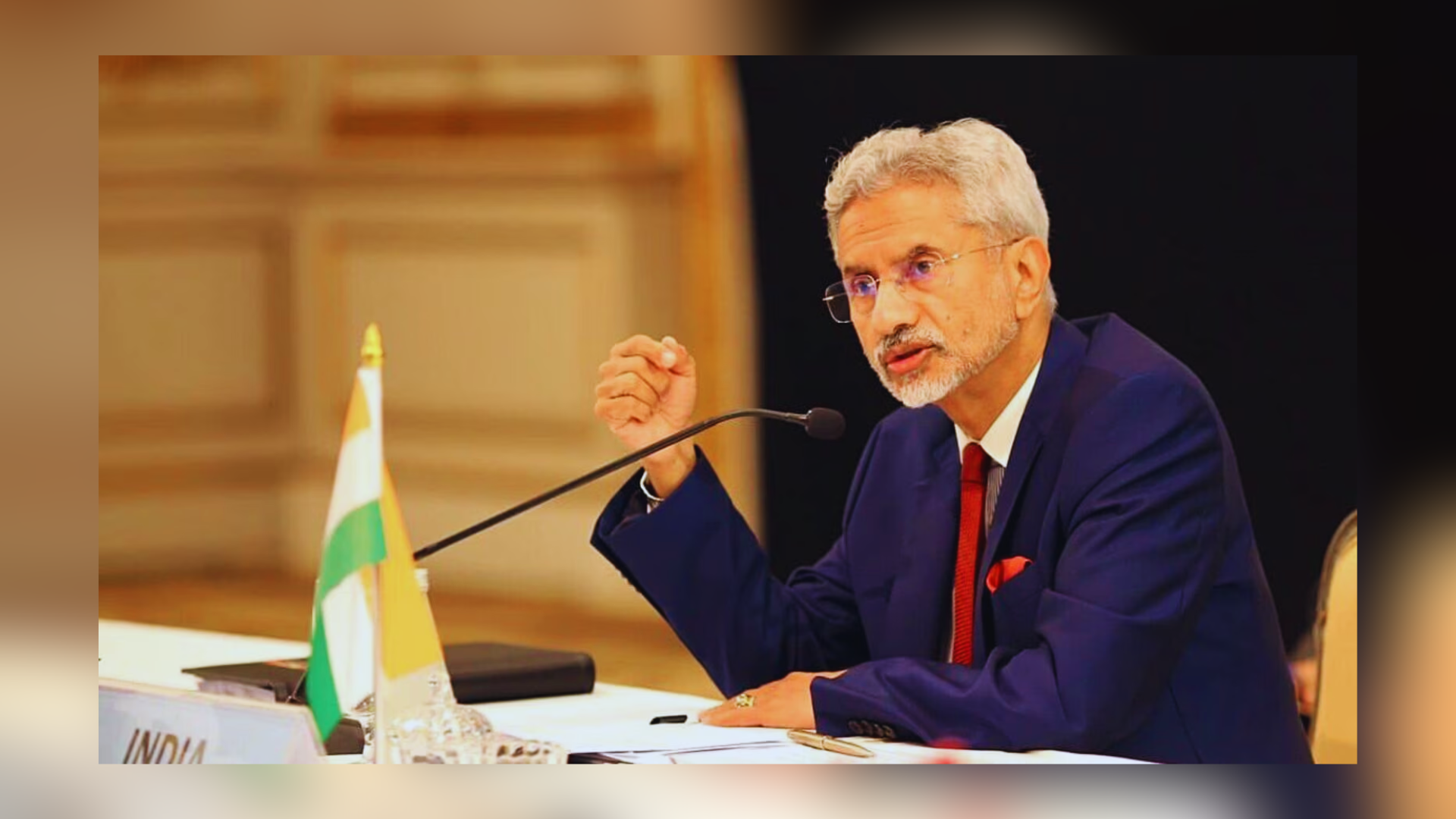He also highlighted that the United States had previously acknowledged the broader significance of Chabahar. The External Affairs Minister made these remarks during an interaction following the release of the Bangla edition of his book ‘Why Bharat Matters’ in Kolkata on Tuesday.
On being asked about the US’ remarks, Jaishankar said, “I did see some of the remarks which were made, but I think it’s a question of communicating, convincing and getting people to understand, that this is actually for everyone’s benefit. I don’t think people should take a narrow view of it.”
“They (US) have not done so in the past. So, if you look at the US’ own attitude towards the port in Chabahar, the US has been appreciative of the fact that Chabahar has a larger relevance…we will work at it,” he added.
ALSO READ : Renowned Nobel Prize Winner Alice Munro Passes Away At 92, Leaving A Legacy Of Masterful Storytelling
Earlier on Tuesday, the United States warned that “anyone” considering business deals with Tehran needs to be aware of the “potential risk of sanctions.”
“I would just say…US sanctions on Iran remain in place and we will continue to enforce them,” the US State Department Principal Deputy Spokesperson, Vedant Patel said at the press briefing.
“Any entity, anyone considering business deals with Iran, they need to be aware of the potential risk they are opening themselves up to, potential risk of sanctions,” he added.
On Monday, the Long-Term Bilateral Contract for the operation of Shahid-Behesti port within the Chabahar Port Development Project was signed between Indian Ports Global Limited (IPGL) of India and the Port & Maritime Organisation (PMO) of Iran.
Jaishankar emphasized that while India had a longstanding involvement with the project, it had not been able to formalize a long-term agreement until now, underscoring its significance. He highlighted that New Delhi successfully addressed outstanding issues, paving the way for the signing of the long-term agreement, which is anticipated to yield benefits for the entire region.
“We have had a long association with the Chabahar Port, but we could never sign a long-term agreement. The reason was…there were various problems on the Iranian end…the joint-venture partner changes, the condition changed,” the Foreign Minister said.
He added, “Finally, we were able to sort this out and we were able to get the long-term agreement done. The long-term agreement is necessary, because without it you cannot really improve the port operation. And the port operation we believe, will benefit the entire region.”
The Chabahar Port stands as a flagship project between India and Iran, serving as a vital transit hub for trade with landlocked Afghanistan and Central Asian nations. India has played a pivotal role in both the development and operation of the port.
The Indian government has made significant investments in enhancing the port’s infrastructure and has actively participated in upgrading its facilities. These efforts aim to establish the port as a sustainable transit route for Indian goods destined for Afghanistan and Central Asia.

